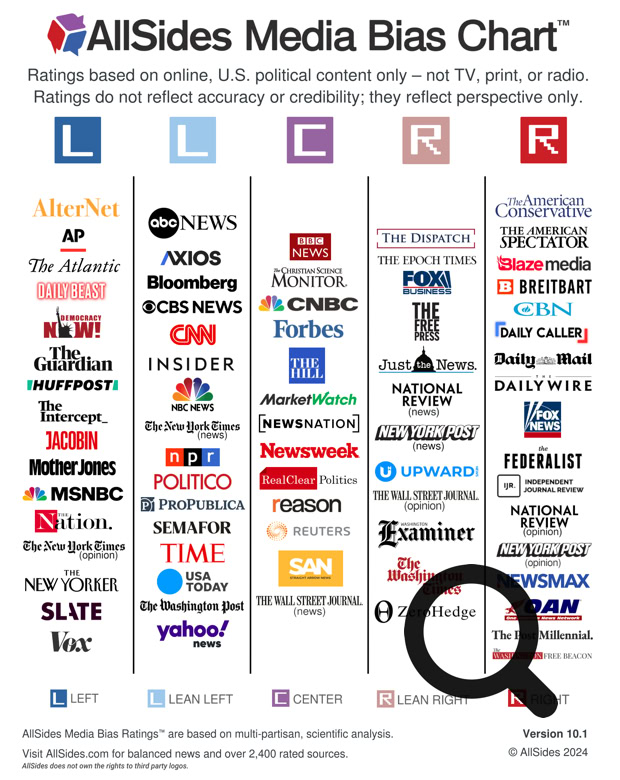News Is Not What It Used To Be
2025-07-12

Radio, TV and the Press delivered news to the public. Broadcast journalism had professional standards focused on objectivity, fairness and balance. CBS, NBC, and ABC, The New York Times, The Washington Post, and many others, built well-deserved reputations on investigative reporting and journalistic integrity. How have things changed?
In 57 BCE, the Roman Acta Diurna was a type of daily gazette, with official business and matters of public interest. It was written on stone and metal and posted in public places. In a sense, the Acta Diurna was the prototype of the modern newspaper. Centuries later, News was written by hand on paper. Eventually Johannes Gutenberg’s printing press led to production of newspapers for mass distribution.
Strangely enough, the government controlled what was printed. Regardless, some individuals published papers that disagreed with official positions on matters of the day. For example, Alexander Hamilton was a prolific and widely read anonymous pamphleteer advocating for the American revolutionary cause. He also founded the New-York Post, which still exists today.
Fairness and balance became strained in the latter half of the 20th century. The rise of cable news in the 80s and 90s introduced more opinion-driven programming, often catering to specific audiences.
Mainstream media often frame stories and programs to fit some agenda. These can be heavily influenced by political narratives, corporate greed or influence exerted by Non-Government Organizations (NGOs). These often work in tandem with stories to guide the public response to some issue.
Huge multi-national corporations own most media in the world. This means a very small group of people control the news and entertainment programming.
Many own all types of media outlets including newspapers, TV networks, movie studios, and digital platforms. This allows them to control multiple aspects of media production and distribution.
Digital and tech giants have joined the media space. Companies like Google (YouTube), Meta (Facebook, Instagram), Apple (Apple TV+), Amazon (Prime Video, MGM), and Bytedance (TikTok) have disrupted traditional media.
